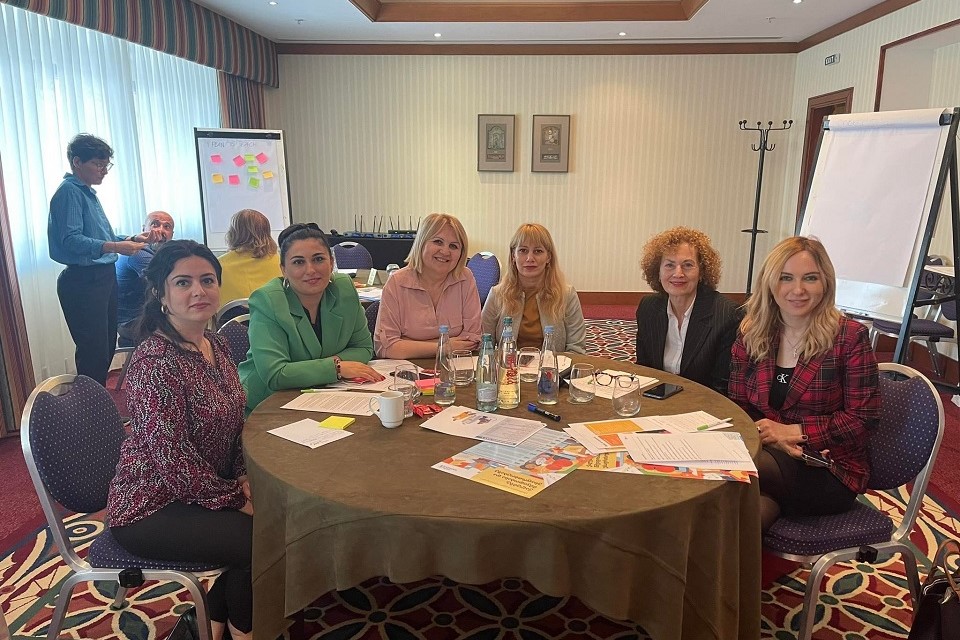Mainstreaming gender, peace and security issues in the learning process
Date:

The inclusion of higher educational institutions and academic personnel in the process of addressing women, peace and security (WPS) issues, including through the integration of specific topics into the curricula and learning processes, is creating completely different and interesting perspectives for the effective implementation of the WPS agenda in Georgia.
To that end, UN Women supports the mainstreaming of gender, peace and security issues in the curriculum of the higher educational institutions in Georgia, and thus fosters scientific interest in this topic within academia, with the ultimate goal of promoting gender analysis of conflict in order to highlight the importance of women’s inclusion in peacebuilding and to promote their meaningful participation in peace processes.
In the framework of this support for academia, a two-day seminar on the role of academia in promoting the implementation of the gender, peace and security topics was held in Tbilisi on 7 and 8 May. Fifteen professors attended the event representing seven higher educational institutions in Georgia: Ivane Javakhishvili Tbilisi State University, Ilia State University, Georgian Technical University, the University of Georgia, Caucasus International University, Sukhumi State University, and East European University. Members of the Civic Education Lecturers Association also participated in the seminar.
Academic personnel discussed the methods of mainstreaming gender equality and WPS agenda issues into educational programmes. The workshop provided an important platform to discuss and share ideas on how these issues can be incorporated into teaching processes, ultimately aiming to promote gender justice and social change.
“The training gave me the opportunity to get to know the colleagues who work on women, peace and security issues,” said Associate Professor Keti Vasadze, one of the seminar participants. “Also, it was important to learn about international experiences, which I will consider in the process of creating syllabuses in the future.”
UN Women will continue to cooperate with representatives from academia to further promote integrating the WPS agenda and gender equality issues into their curricula. The seminar was held within the framework of the UN Women project “Accelerating Implementation of the Women, Peace and Security Agenda in Georgia”, which is supported by the Conflict, Stability and Security Fund (CSSF) of the British Government.